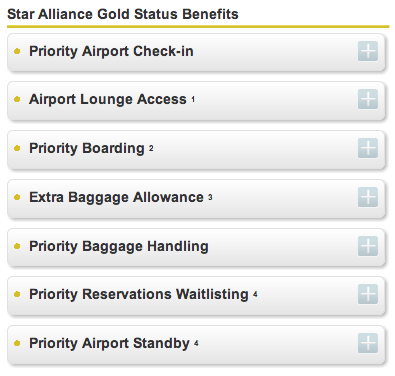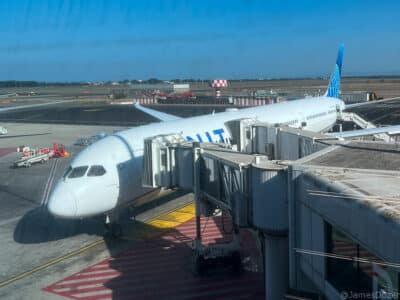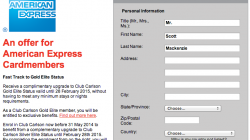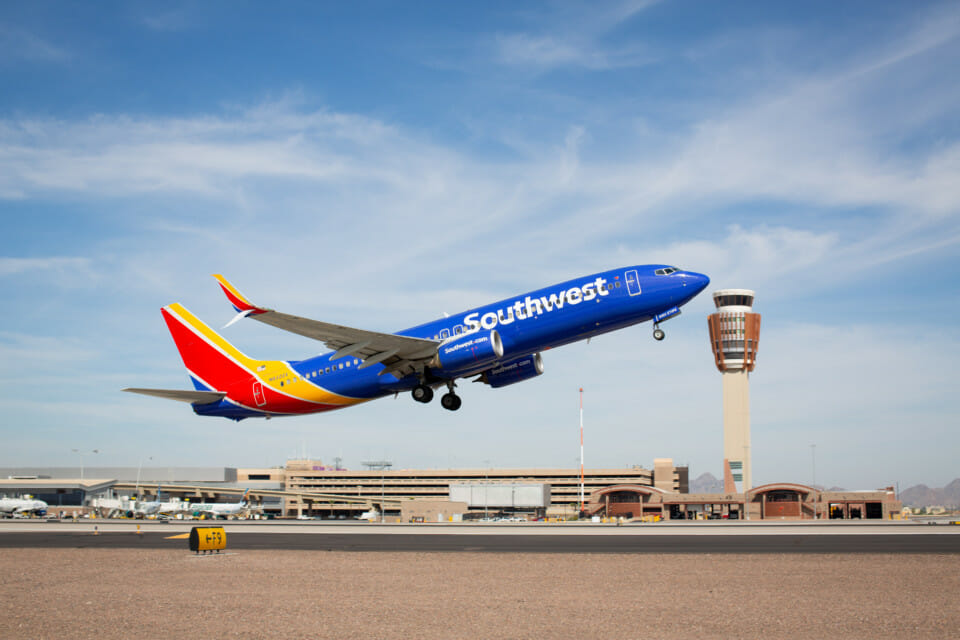As a frequent United Airlines passenger, one of my favorite benefits – and, indeed, the benefit that led me to join in the first place — is Economy Plus seating. That extra legroom matters a lot for a relatively tall guy like me, and I often travel with a companion, making upgrades are a little harder to come by. There are lots of things I wish United would copy from other airlines, but one thing many of those airlines don’t have is Economy Plus.
United’s Premier Silver members can select an Economy Plus seat at check-in (T-24), but only Premier Gold members and higher can select Economy Plus seats at the time of booking. (Gold members can add one companion; Platinum and 1K members can add up to eight companions.) If your companion isn’t listed under the same reservation, you can usually call and request a manual seat assignment as long as they are on the same flight; the agent will need both confirmation numbers to compare itineraries.
There are many United customers who have Gold status not with MileagePlus but with a Star Alliance partner, and this causes some confusion. Elite status with another airline often won’t improve the in-air service when you fly United. All of the real benefits are on the ground, including things like priority check-in, free checked baggage, lounge access on international flights, and priority rebooking.
This means a Star Gold member won’t get free Economy Plus, even at check-in, nor will a Star Gold member get any complimentary upgrade consideration. (Sure, there’s a chance they’ll upgrade you before someone with no status, but only in an oversold situation and not because there are empty seats. There are also so many United elites that a Premier Silver will probably take precedence before Star Gold.)
If you want a better seat when flying United as Star Gold, you’ll need to pay for Economy Plus or pay or redeem miles for an upgrade to business or first class. Keep in mind that Star Alliance upgrade awards are limited to full-priced Y and B fares when moving from economy to business class, so you may be better off buying a discounted business class fare from the start.
I remind you of this because I have seen many, many instances of confused people who thought they would get special treatment and find out that no one cares unless you’re an elite member of that airline.
Consider this recent quote from FlyerTalk:
I am thinking of acquiring Star Gold status through Aegean Airlines but wanted to check if it is possible to get upgrades on any other Star Alliance partner for having gold status?
The answer? A flat “no.”
Or consider this example from a mileage run I took from to Bahrain, stopping in Washington-Dulles. There was an irate passenger with Senator status on Miles & More arguing about getting a free upgrade on the Seattle-Washington segment. She had a middle seat in the back, and it sounded like she had paid a lot for her last-minute ticket. I was, as I said, on a cheap mileage run but my upgrade easily cleared the day before because my status was with the operating airline and not a partner. All she got out of her status was access to the United Club (and that isn’t saying much compared to Lufthansa’s lounges).
There are really only two reasons why you would want Gold status with one airline when the majority of your travel is with a different airline.
First, acquiring status can be cheaper in some programs. Gold status with Aegean and Turkish is relatively easy to acquire and comes with free lounge access at domestic U.S. airport clubs (because technically any flight here is “international” relative to Greece to Turkey). Think of this as earning lounge access, not earning status.
Second, some people have loyalty to their first airline despite moving to a new home, or they find the program more lucrative for earning and burning miles. Miles & More and KrisFlyer members have better access to premium cabins on Lufthansa and Singapore, respectively, than United’s own customers. Some programs have a few lucrative award options like intra-Asia awards on US Airways or distance-based awards on ANA.
So while there’s nothing wrong with earning status with a different carrier, don’t fool yourself into thinking it will be treated the same wherever you go. View from the Wing had a useful post on some problems that airline alliances are facing in the current competitive and regulatory environments. It’s not just elite benefits; earning miles has become more challenging, too, as in the case of Delta refusing to grant miles for travel on partner Korean Air. The ideal scenario — that your relationship with one airline means the same wherever you fly within an alliance — just doesn’t exist.





